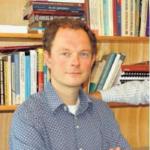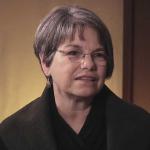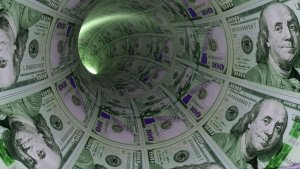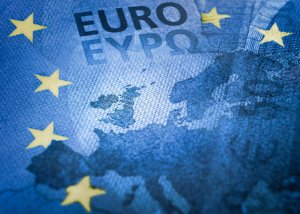Openness is an intellectual virtue so widely accepted that one might not find a single economist who would not subscribe to it even in the so-called orthodoxy. If this is so, the reverse question must be: how open can economics become and still be economics? From a historical point of view openness is all but obvious: given that many developments of the last one or two hundred years in one way or another contributed to the closing of the discipline, “opening” economics would be to return to a state where economics was not a separate discipline. Thus we (Floris, Ben, and me) asked several people at the Berlin INET conference 2012: How “open” can economics really become? It is John Davis, whose teaching in recent economics should be credited for making us pose this question in the first place. Yet, teaching us “the pluralism of the orthodoxy” he did not tell us, at least in this video, what would “probably” keep economics together in future.
The most common way of answering was to say “no worries, economics has always been and will always be this or that” – that is, definition, “essentialist” if you like. Axel Leijonhufvud, socialized at times when economic theory came into its own, for example, sees no threat. He firmly believes in economics as that discipline that deals with those questions economists have traditionally dealt with. Closure is only a problem insofar as it is “excessive closure”. Particularly scholars from other disciplines are ready to give a definition of economics. J. Doyne Farmer, a so-called “econophysicist” from Santa Fe calls economics the science of “civilization’s metabolism”. Cars Hommes agrees. When he mentions the targeted disciplines of openness, one could question if openness is really open - physics, mathematics, biology, etc. (a bias that some historians consider as having contributed to the closure of economics). Being open here means being open to very specific disciplines and methods.
The problem of speaking of “openness” while holding a specific definition of economics is apparent in Dirk Bezemer’s response. He invokes three common beliefs: first, a belief in a definite domain of economics; second, a belief that this domain is not only determined by economic factors; and third and most importantly, that it is only by means of these other factors that the domain of economics can be explained in meaningful terms. A wag might want to re-paraphrase: first, there is no meaningful domain of economics, second, economics can only be meaningful if it does not take itself serious; and third, all other sciences explain better than economics.
One very intriguing answer against the virtue of openness in favor of a closed discipline came from Judy Klein: yes, she says, economics should remain a closed discipline, so that others can do the meaningful and innovative stuff in-between the disciplines! If there are no disciplines, there are no “trading zones” where innovative research can be created. We need borders in order to celebrate those heroes that cross them.
It was only Nicola Giocoli who gave a definite yes to open openness, and envisioned a new social science without reforming economics from within. Perhaps the attempts to reform economics keep us back from moving ahead. Perhaps those who seriously aim at being “open” would do better searching a new home. If this is so little consensual, as I assume, one might reconsider “openness” as an intellectual guiding virtue.




